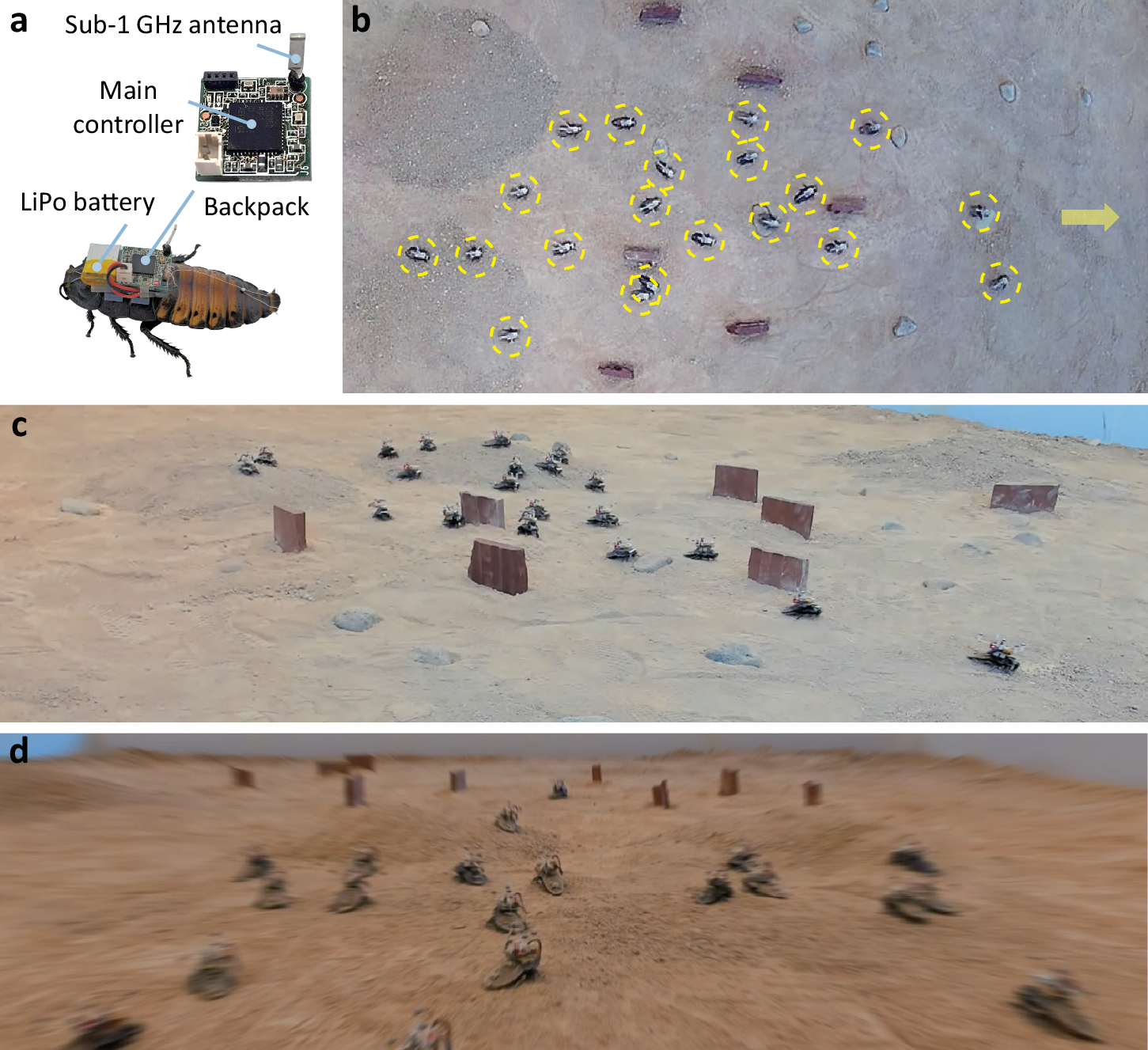2025-01-27 コーネル大学
<関連情報>
- https://news.cornell.edu/stories/2025/01/embodied-energy-powers-modular-worm-jellyfish-robots
- https://advanced.onlinelibrary.wiley.com/doi/10.1002/adma.202414872
具現化されたエネルギーでロボットを構成するためのソフトでモジュール化されたパワー Soft, Modular Power for Composing Robots with Embodied Energy
Chong-Chan Kim, Anunth Rao Ramaswami, Robert F. Shepherd
Advanced Materials Published: 02 January 2025
DOI:https://doi.org/10.1002/adma.202414872

Abstract
The adaptable, modular structure of muscles, combined with their confluent energy storage allows for numerous architectures found in nature: trunks, tongues, and tentacles to name some more complex ones. To provide an artificial analog to this biological soft muscle, a self-powered, soft hydrostat actuator is presented. As an example of how to use these modules, a worm robot is assembled where the near totality of the body stores electrochemical potential. The robot exhibits an extremely high system energy density (51.3 J g−1), using a redox flow battery motif, with a long theoretical operational range of more than 100 m on a single charge. The innovation lies in the battery pouch, fabricated with a dry-adhesion method, automatically bonding Nafion separators to a silicone-urethane copolymer body. These pouches contain anolyte within a hydrostat pod filled with catholyte, increasing current density per pod. Each pod has a motor and tendon actuator for radial compression and expansion. By linking these self-contained pods in series, the robot worm is created that automatically navigates an enclosed, curved path. This high-capacity soft worm also climbs up and down a vertical pipe, using a two-anchor crawling gait, with an extra payload equivalent to 1.5 times its body weight.



